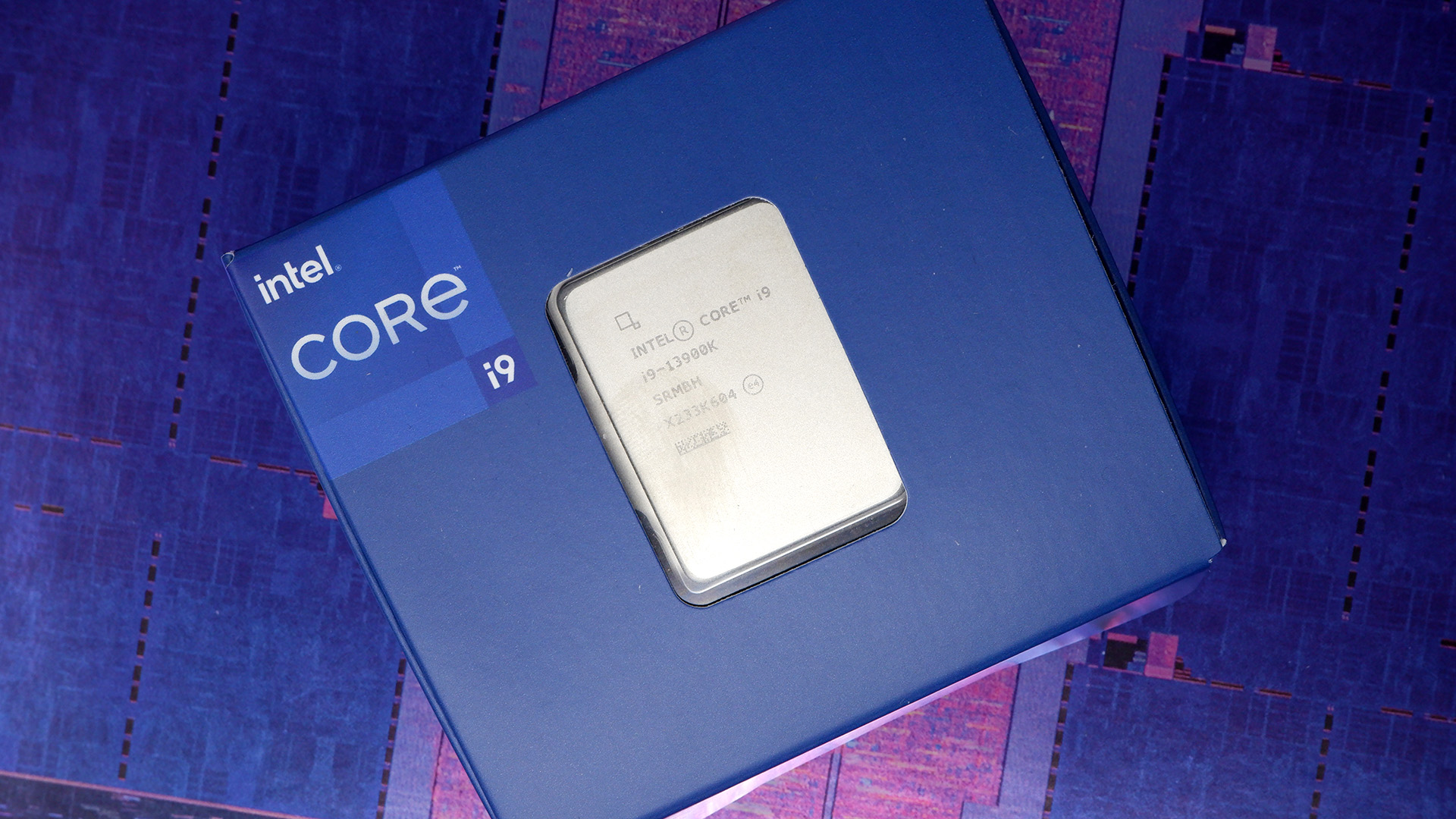A law firm is investigating whether to launch a class action case against Intel for 13th/14th Gen CPU instability issues

And you can register your interest via an online form.
A law firm is investigating the possibility of a class action lawsuit against Intel for the ongoing 13th and 14th Gen CPU instability issues.
Abington Cole + Ellery has published a webpage noting the possible class action lawsuit against the computer chip giant, a link to which is currently at the top of the r/Intel subreddit. It asks for anyone affected to submit their information via a form.
The form asks two simple questions: (1) Have you purchased an Intel Core 13th or 14th Generation processor, or a computer containing one of these processors, and (2) Have you experienced any problems with an Intel Core 13th or 14th Generation processor?
I can only assume the closer interrogation of the issues at hand will come later, to determine how much of a case there is against Intel, or if there is one at all.
Intel has admitted an issue with its chips. It said of the "instability issues" last week:
"... we have determined that elevated operating voltage is causing instability issues in some 13th/14th Gen desktop processors. Our analysis of returned processors confirms that the elevated operating voltage stems from a microcode algorithm resulting in incorrect voltage requests to the processor."
Though Intel has promised a patch for the issue, arriving later this month, it does not expect this patch to prevent any issues stemming from damage already done to the chips.
So, there's without a doubt an instability issue and plenty of anecdotal evidence for many potential claims from customers. Also, resulting damage to chips from faults unbeknownst to the user is irreversible. All of which could form the basis of a class action lawsuit if a law firm were interested in taking it on.
However, Intel has already offered to replace all damaged CPUs. If Intel can be shown to be honouring this offer, and making it easy for RMAs of a rather nebulous crashing issue, then a class action lawsuit may come up short.
Intel's RMA service is a mixed bag, according to places like Reddit. You'll find threads over multiple years claiming it's awesome, followed by others claiming it's absolute trash. Hey ho, thus is the world. Though the important thing here is that Intel is taking claims of wobbly 13th/14th Gen CPUs and treating them seriously, and taking appropriate action to get them replaced. You'll find mixed claims of whether it's doing that, too.
One user in response to the class action lawsuit thread says they can confirm they are honouring the warranty, and note that Intel offered to send them a new CPU prior to receiving the old one. This coming with a $25 refundable charge. Others report they've sent in their old one and are yet to receive a new one, with no charge.

Whether Intel offers this same warranty to customers with tray processors (those ordered in bulk by businesses but sometimes sold individually for a small discount versus a boxed model to individuals) is often debated in these threads. Intel has covered this in its most recent guidance, which suggests they are:
"Intel is committed to making sure all customers who have or are currently experiencing instability symptoms on their 13th and/or 14th Gen desktop processors are supported in the exchange process.
To help streamline the support process, Intel's guidance is as follows:
For users who purchased 13th/14th Gen-powered desktop systems from OEM/System Integrator - please reach out to your system vendor's customer support team for further assistance.
For users who purchased boxed/tray 13th/14th Gen desktop processors - please reach out to Intel Customer Support for further assistance."

Best CPU for gaming: The top chips from Intel and AMD.
Best gaming motherboard: The right boards.
Best graphics card: Your perfect pixel-pusher awaits.
Best SSD for gaming: Get into the game ahead of the rest.
The other question is what customers should even do once they receive a new chip, as it's also likely to be affected by the issues prior to the microcode update. Generally, it's recommended to keep the voltage low and slice off a couple hundred megahertz off the clock speeds, just to ensure the chip remains stable and in normal working order until the microcode update is released.
Admittedly, it doesn't feel great doing this on a $500 Core i9—that clock speed is often what you paid extra for.
And if you're wondering whether a class action lawsuit is in your interest, Nvidia once fought a class action for the VRAM allotment on the GTX 970, an extremely popular model of graphics card for anyone not already familiar.
By the end of the case, customers received a $30 settlement for each GTX 970 bought, which is, er, a rather small sum for the hassle. You didn't have to sign up for the class action originally to claim once the settlement had been agreed, either.
But hey, $30 is $30, though you'll notice these cases only apply to residents of the US.
